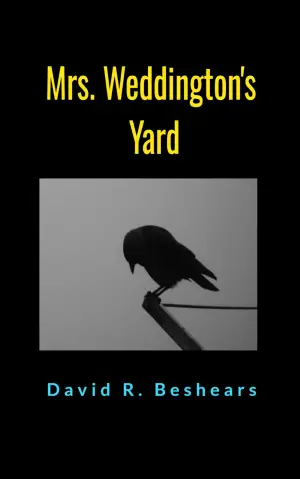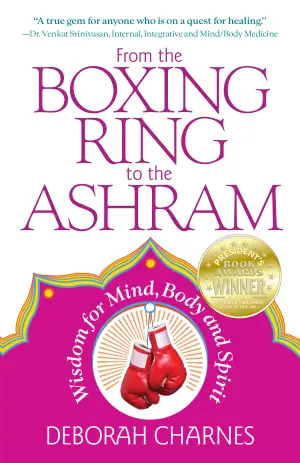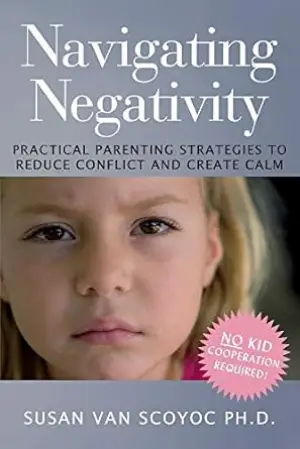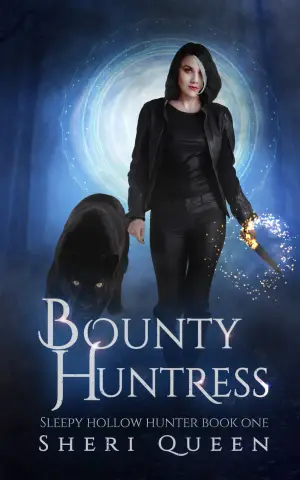An Engaging Journey Through Horror and History: A Review of Lovecraft Country
As I delved into Matt Ruff’s Lovecraft Country: A Novel, I found myself both captivated and challenged by its unique blend of myth, racism, and familial bonds. The premise grabbed my attention immediately: a thrilling road trip across Jim Crow America infused with Lovecraftian horror—a combination that, on the surface, seemed audacious yet deeply resonant.
Set in 1954, the novel follows 22-year-old Atticus Turner as he searches for his missing father. Alongside his Uncle George, the proud publisher of The Safe Negro Travel Guide, and childhood friend Letitia, Atticus embarks on a journey that takes them to the forbidding manor of Mr. Braithwhite. What could easily have been a standard horror narrative transforms into a poignant exploration of racism, magic, and the quest for identity.
What struck me most was Ruff’s deft characterization. Each character is richly drawn and serves as a vessel for exploring both historical and supernatural terrors. Atticus’s initial encounter with a hostile cop, where he resorts to using botanical cover rather than the restroom, starkly illustrates the everyday realities of systemic racism he’s up against. This harrowing moment captures the weight of living in a society that views him as “less than,” all while deftly establishing the tension that feeds into the novel’s supernatural elements.
Ruff’s writing is crisp and immersive, allowing readers to glide through interconnected short stories, all woven seamlessly together. The pacing briskly carries you from one chilling tale to the next, while still allowing moments of humor and levity—a fine balance that elevates the narrative beyond sheer horror. One particularly memorable episode features a potion that turns its drinker white, serving as a clever—and horrifying—reflection on racial identity that made me pause and reflect long after I had turned the page.
Lovecraft Country is much more than its chilling facade of cosmic horror; it’s a complex commentary on how the specter of racism haunts modern America. I was reminded of a powerful assertion made by a reviewer: “the monsters Ruff conjures are only mirrors or incarnations of racism—both ‘personal’ and institutionalized.” The strength of the narrative lies in its ability to meld fantastical horror with unflinching realism, challenging readers to confront uncomfortable truths from history while simultaneously providing a glimmer of hope.
As for who might enjoy this book, I wholeheartedly recommend it to fans of historical fiction, horror aficionados, and anyone intrigued by the intersections of race and genre. Whether you’re a longtime Lovecraft fan or new to the cosmic horror genre, Ruff’s inversion offers a refreshing and thoughtful twist that invites reflection rather than just a thrill.
In closing, Lovecraft Country didn’t just entertain me; it forced me to grapple with the past and acknowledge the shadows still lurking in contemporary society. It is a compelling exploration wrapped in an imaginative narrative, leaving a lasting impression that will surely linger long after the last page is turned. If you’re looking for a novel that engages both your mind and emotions while thrilling your sense of the uncanny, this one is a must-read.






